Collective sports in general, and basketball in particular, have based their physical training on the training theory used for individual sports, particularly athletics, so they require a new approach which adapts to their own characteristics and needs. Furthermore, technological advances have provided new tools for physical trainers, sports scientists and coaches, allowing, among other things, the control and assessment of the workload produced by training sessions and/or competitions.
Hence, it is necessary to know this new approach, based on holistic physical training, to apply it to modern basketball with the main objective of optimizing performance and preventing injuries.
Professional Diploma in Strength and Conditioning in Basketball
€ 1200
EXPERT ADVISORS
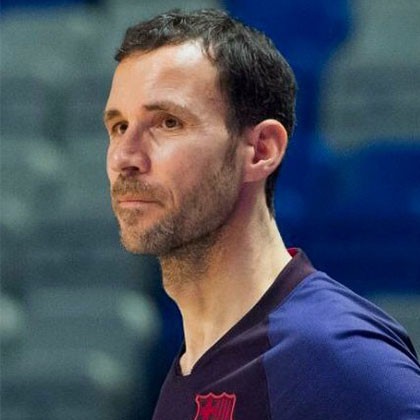
Jairo Vázquez Guerrero
Strength and Conditioning Coach of the Basketball First Team and member of the FC Barcelona's Performance area.

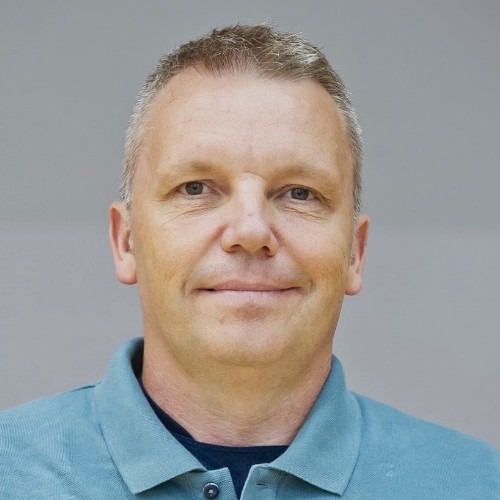
Joan Ramon Tarrago
Former head of FC Barcelona's Sports Performance area.

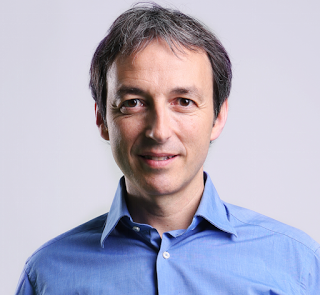
Daniel Romero Rodriguez
Physiotherapist. Physical trainer and rehabilitator of competitive high performance athletes. Performance, prevention and post-injury rehabilitation advisor for various professional football players.

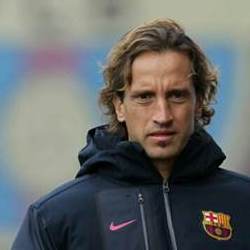
Francesc Cos
Former Head of Strength Training for FC Barcelona's first team football squad (2004-2016). Former Director of the Performance area of Barça Innovation Hub (2016-2018). Currently Director of Performance of the New York City (MSL).

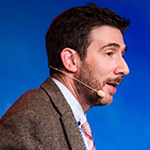
Daniel Cohen
Researcher - Masira Institute, University of Santander (UDES); Consultant - Center for Sports Sciences (CCD), Colombian Ministry of Sport (Mindeporte) Consultant and Educator in Force Platform assessments

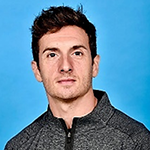
Dr. Matt Taberner
(CSCS, RSCC*D, BASES HPSA) Professional Doctorate in Applied Sport & Exercise Science. Experienced with more than 14 years of experience within elite sports. Worked 13 seasons in the EPL: 6 years at Everton FC (Head of Sports Science and Head of Rehabilitation), and six years at Aston Villa FC (Lead Academy Sports Scientist).

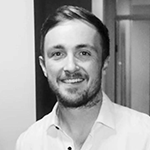
Luke Hart MSc
Accredited Strength and Conditioning Coach (ASCC). He has worked for 9 years as a professional strength and conditioning coach in soccer and rugby. Currently is Lead Strength and Conditioning Coach at the Sports Surgery Clinic, Dublin.

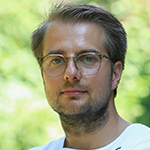
Dr Chris Richter
Biomechanist with extensive experience in data science and technology. He is working on developing and implementing a biomarker R&D strategy. Contributed/ published more than 60 papers.

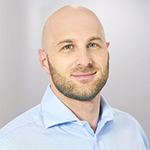
Jarrod
Total Performance´s founder. Consultant physiotherapist and specialist in the diagnosis and management of tendinopathy in sport. Masters in Sports Physiotherapy (La Trobe University, Australia), a BAppSc in Physiotherapy (University of Sydney) a BHSc (University of Technology, Sydney).

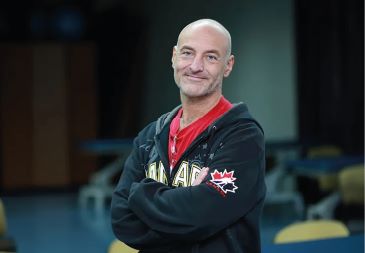
Lic. Mario Di Santo
Professor of Physical Education. Health and neurobiology of control and motor learning.

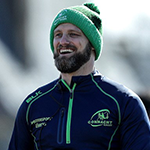
David Howarth
Has worked in high-performance sports in Australia, North America and Europe. Led athletic performance departments for teams in the NBA (Oklahoma City Thunder) and European Champions Cup Rugby (Connacht Rugby). Expert in the use of force plate technology to monitor athletes.

CERTIFICATE
Courses' syllabus
Physical demands and injury risks in team sports
MODULE 1: Physical demands in team sports
MODULE 2: Application of microtechnology to optimise performance in team sports
MODULE 3: Application of microtechnology to prevent injuries in team sports
MODULE 4: Application of inertial systems in different tests in team sports
Basketball physical demands during competition
MODULE 1: Basketball physical and tactical demands. From videos to local positioning systems
MODULE 2: Application of inertial systems to quantify and interpret physical demands in basketball
MODULE 3: Application of positioning systems (global and local) to quantify and interpret physical demands in basketball
MODULE 4: Most frequent injuries (types and mechanisms) in basketball and maximum demand scenarios in basketball.
Basketball training from FC Barcelona’s perspective: theoretical approach
MODULE 1: Structured training
MODULE 2: Coadjuvant training
MODULE 3: Optimising training
MODULE 4: Structured microcycle
Basketball training proposal from the perspective of FC Barcelona
MODULE 1: How to train with a comprehensive approach in basketball
MODULE 2: Proposal for load quantification
MODULE 3: Scheduling of the training proposal. Focus on preseason
MODULE 4: How to modify the structures of a human athlete who practices basketball during preferential simulation situations in the structured model.
Neuromuscular basis for strength training
MODULE 1: Characteristics of the musculoskeletal system.
Unit 1: Movement from the central nervous system.
Unit 2: Function of the skeletal muscles.
MODULE 2: Muscle action and its relationship to sports.
Unit 1: Types of muscle action.
Unit 2: Interrelationship of muscle action in movement and posture maintenance.
MODULE 3: Systemic changes in detraining and immobilisation.
Unit 1: Detraining in relation to the skeletal muscle.
Unit 2: Muscle hypertrophy.
MODULE 4: Assessment of muscular properties in relation to sport.
Unit 1: Surface electromyography.
Unit 2: Tensiomyography.
MODULE 1: Contextualization: how can we adapt strength training to team sports?
Unit 1: Strength and its relationship to the coordination and cognitive requirements of team sports.
Unit 2: Progression in the difficulty of the strength workload in relation to the specificity of the sport.
MODULE 2: Strength workload methodology in situation sports.
Unit 1: Strength training and the need to work with overload.
Unit 2: Integrating strength workload with the other capabilities.
MODULE 3: Integrating strength workload into planning and programming of situation sports.
Unit 1: Strength in the integrated training of long-term regular league class programming. Examples based on football.
Unit 2: Strength in the integrated training of blocks of preparation – competition programming. Examples based on tennis.
MODULE 4: Strength in the design of sports specific tasks. Examples based on football.
Unit 1: Small-sided games (SSG): characteristics for their design and the relationship with the development of sports ability.
Unit 2: SSG in relation to strength workload.
Force assessment and an introduction to kinematics
1.1 Module 1: Force platform testing fundamentals
1.2 Module 2: CMJ understanding variables and phases
1.3 Module 3: Kinematics introduction
1.4 Module 4: Upper Limb Assessment
Injury and rehabilitation kinetics and kinematics
Module 1: Kinetics in ACL injury risk and rehabilitation (Isokinetics)
Module 2: Kinetics in ACL injury and rehabilitation (Jump-land testing)
Module 3: Kinematics in ACL injury risk and rehabilitation
Module 4: Kinetics & kinematics in lower limb muscle and tendon injury and
rehabilitation-patella and Achilles tendon, groin, hamstring
Performance, injury, and rehabilitation assessment toolbox
3.1 Module 1: Additional lower limb dynamic tests (squat jump, drop jump, squat, land & hold).
3.2 Module 2: Lower Limb Isometric Tests
3.3 Module 3: A framework and toolbox for kinetics and kinematics in rehabilitation and Return to Sport
3.4 Module 4: A framework and toolbox for short term load-response monitoring and evaluating chronic adaptations
Difficulty and Environment in Human Motor Function
MODULE 1: Motor Faults
Unit 1: General Concepts
Unit 2: Faults and Corrections
MODULE 2: Special Teaching Methods for Correcting Faults
Unit 1: Teaching Method 1 and 2
Unit 2: Teaching Method 3
MODULE 3: Transference and Interference
Unit 1: Transference
Unit 2: Interference
MODULE 4: Integrative Reading






